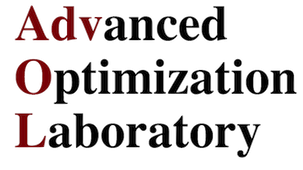| Speaker: | Fei Chiang |
| Department of Computing and Software | |
| Faculty of Engineering | |
| McMaster University |
Title: New Directions for a Unified Repair Model
Integrity constraints play an important role in data design. However, in an operational database, they may not always be enforced. Hence, over time, data may become inconsistent with respect to the constraints. To manage this, several approaches have proposed techniques to repair the data, by finding minimal or lowest cost changes to the data that make it consistent with the constraints. Such techniques may only be appropriate for applications where only the data changes, but the schema and constraints remain fixed. In many modern applications however, constraints may evolve over time as application or business rules change, as data is integrated with new data sources, or as the underlying semantics of the data evolves. In such settings, when an inconsistency occurs, it is no longer clear if there is an error in the data (and the data should be repaired), or if the constraints have evolved (and the constraints should be repaired).
In this talk, I will present a unified cost model that allows data and constraint repairs to be compared on an equal footing. The unified model helps to determine which type of repair is most suitable to resolve an inconsistency. We consider repairs over a database that is inconsistent with respect to a set of rules, modeled as functional dependencies (FDs). FDs are commonly used to enforce data integrity and maintain data quality. I will highlight current avenues of future work. Comments are welcome.


